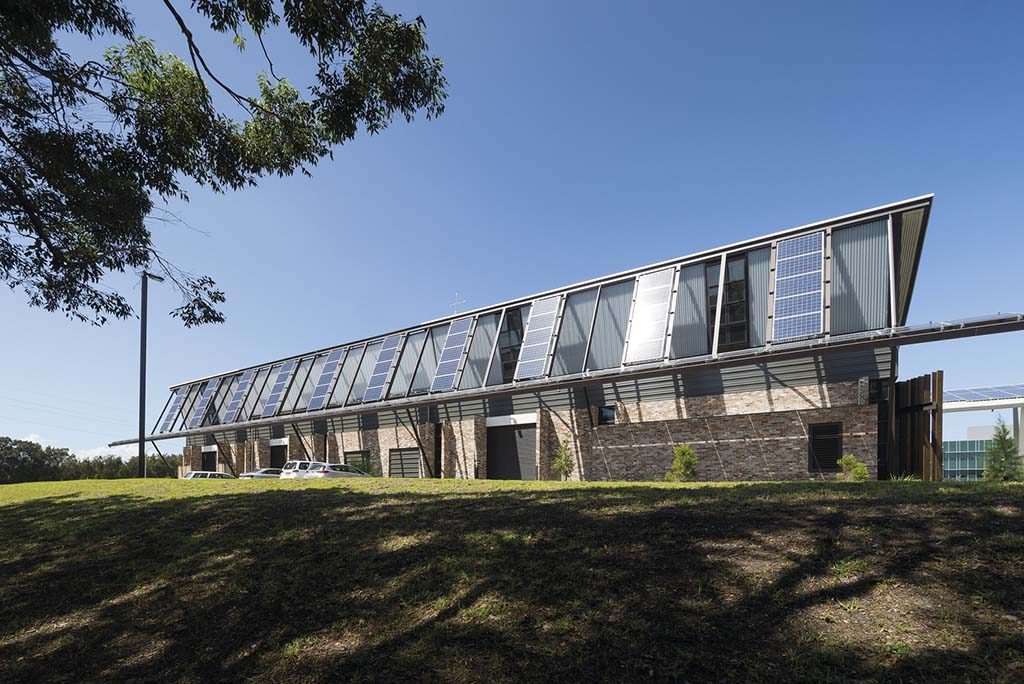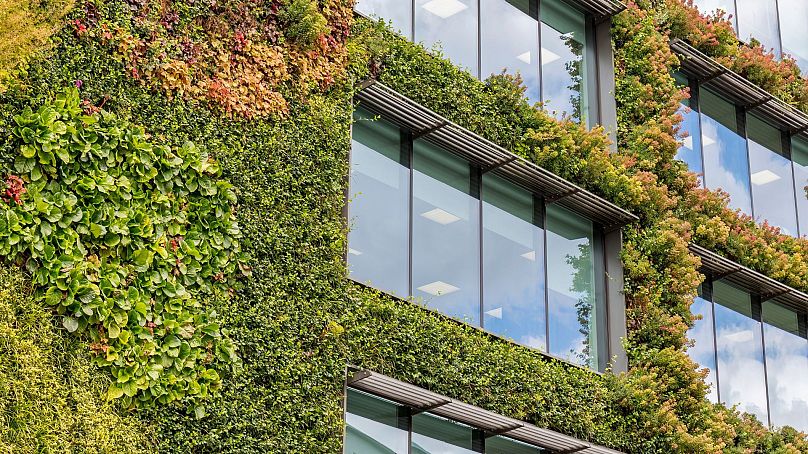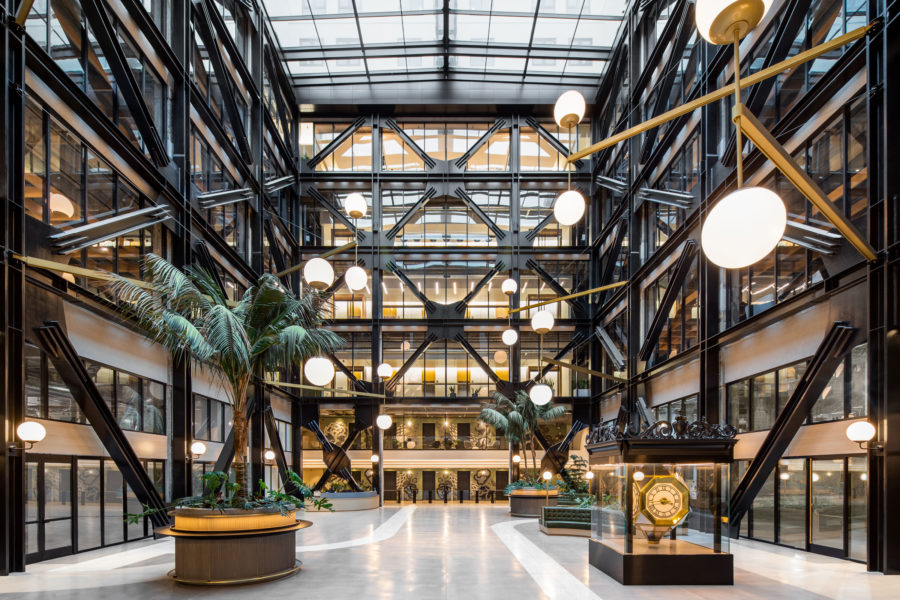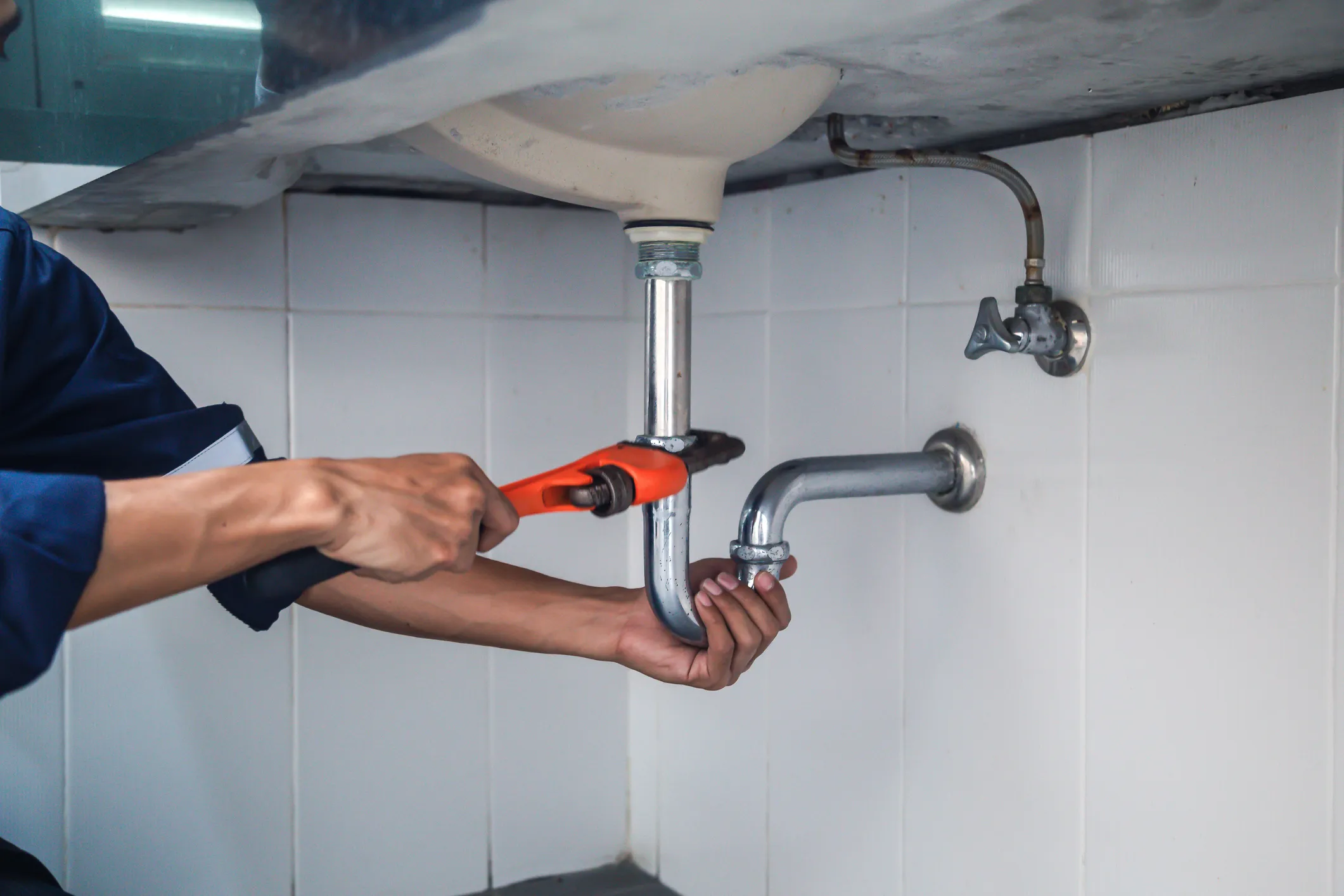As the world becomes increasingly conscious of environmental sustainability, energy-efficient homes trends are emerging as a significant focus in the real estate sector. This growing interest is not only beneficial for the environment but also for homeowners looking to reduce costs and live sustainably.

Understanding Energy Efficiency
Energy-efficient homes are designed to minimize energy consumption while maximizing comfort and livability. These homes adopt various strategies to incorporate energy-saving technologies and materials.
The Importance of Energy-Efficient Homes
Investing in an energy-efficient home can lead to significant savings on utilities. Moreover, it enhances the home’s market value, offering tenants and homeowners peace of mind.
Energy Reduction Techniques
Homes that utilize smart technology tend to reduce energy consumption by automating lighting, temperature control, and appliance usage.
Trends Influencing Energy-Efficient Homes
Smart Technology Integration
Integration of smart home technology is on the rise, allowing homeowners to monitor and control energy usage seamlessly.
Advanced Insulation Materials
The development of innovative insulation solutions plays a key role in maintaining optimal indoor climates and contributes to energy saving.
Sustainable Resources in Construction
Utilizing sustainable resources and incorporating best practices in construction can greatly enhance the energy efficiency of a home. For more insights, visit construction tips.
Benefits of Energy Efficiency
Embracing energy efficiency offers a multitude of benefits, such as reduced environmental impact, decreased utility costs, and potential tax incentives.
Challenges in Adopting Energy-Efficient Homes Trends
Initial Investment
The upfront cost of making a home energy efficient can be high, but the long-term savings outweigh the initial expenses.
Awareness and Education
There is a growing need for better awareness and education on the advantages of energy-efficient homes among homeowners and builders. Explore LEED certification strategies to enhance knowledge on efficient methods.
Implementing Energy-Efficiency in Homes
Simple Upgrades
Installing energy-efficient windows and doors, sealing ducts, and upgrading to LED lighting can make a significant difference.
Major Renovations
For extensive improvements, consider consulting experts in sustainable building practices. Learn more at sustainable building practices.
The Future of Energy-Efficient Homes
The future of home construction and renovation is moving towards even greater efficiency and sustainability. More cutting-edge technologies are likely to emerge, further revolutionizing our living spaces.
Innovative Technologies on the Horizon
As technology continues to innovate, we anticipate advanced solutions that are more accessible and affordable, enhancing the sustainability of homes globally.
Policy and Incentives
Government policies and incentives will play a crucial role in promoting these energy-efficient trends. Funding and support for green building can be explored at green buildings stats.

FAQ
What defines an energy-efficient home?
An energy-efficient home optimizes energy use through smart design, insulation, and technology.
Why are energy-efficient homes important?
They reduce utility costs, lower environmental impact, and increase property value.
How can I make my home more energy-efficient?
Consider upgrading insulation, installing smart systems, and using sustainable materials.
This article contains affiliate links. We may earn a commission at no extra cost to you.




